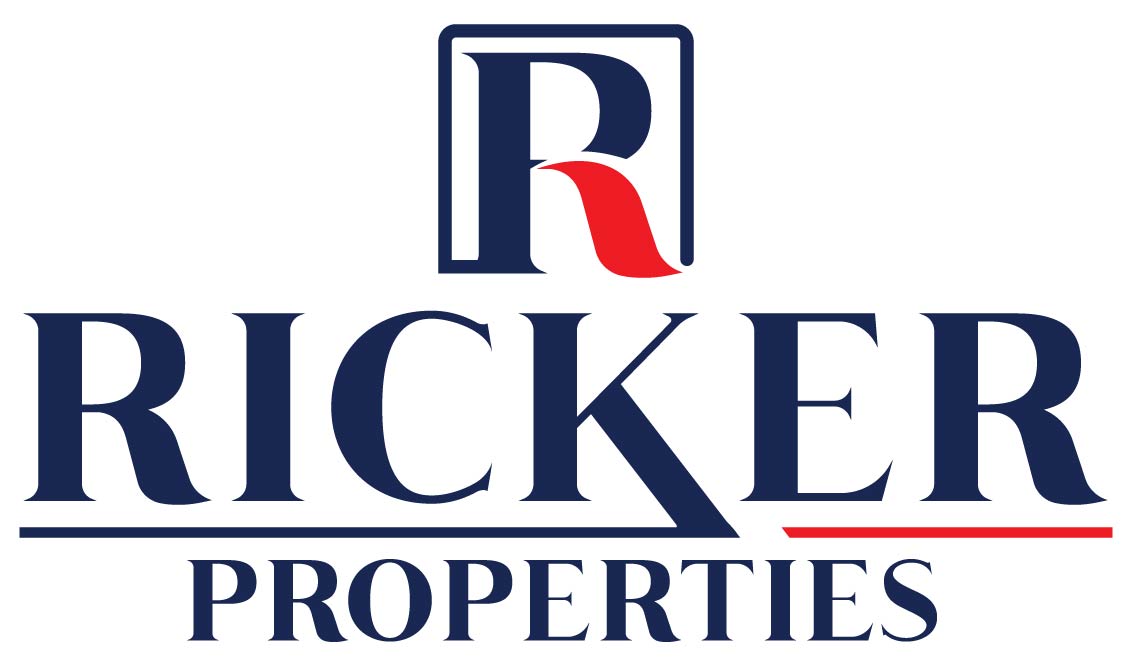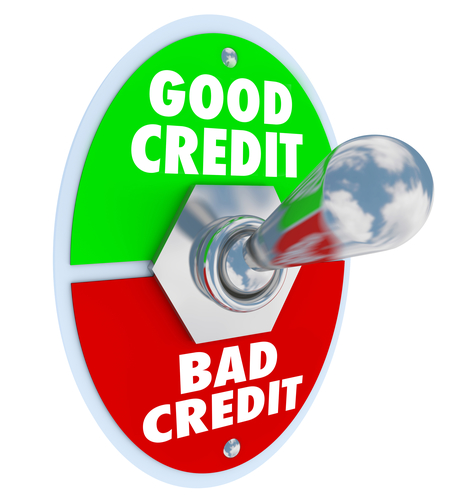I'm asked often about credit scores. People want to know what a good score is and how do you get one. The simplest answer is to pay your bills on time, or at least don't pay them more than 3 weeks late. When they're 30 days late, that's when a ding is reported on your credit report. These dings can absolutely kill your chance of buying a home. If you want a great credit score, you need ZERO dings. But there's more to it than just that. Below are 5 rules of thumb and some advice for creating your best credit score possible and qualifying for the best loans and lowest rates.
1. Have at least 3 open credit lines at all times; preferably with banks or credit unions. I'd usually suggest 2 credit cards and one installment loan. You don't have to go into debt to have these. You could pay off the credit card balances every month. The installment loans could be secured by money you have deposited in your bank account. You don't have to go into deep debt to have good credit!
2. Paying loans off early are NOT necessarily what creates a good credit score. It actually can lower your score in many cases. What creates a good credit score is PAYING ON TIME EVERY MONTH. If I had a nickel for every person who has tons of late payments but thinks their credit score should be golden because they pay everything off in the end, I'd have... a lot of nickels!
3. Approximately 80 percent of your credit score is based on the most recent 2 years. What does that mean? It means, don't let bad credit in the past get you down! You can clean it up and be back in good graces within 2 years in most cases. You just need to re-establish yourself. See #1 above as a way to re-establish yourself. Cleaning up the old stuff helps too, but the current payments mean the most.
4. Keep all of your credit card balances below 50% utilization. That means if you have a $5,000 limit, keep the balance below $2,500. If your limit is $500, then keep it below $250. You get even more brownie points if you keep it below 30%! Why do you think this is? Because the credit bureaus and lenders like to see people having access to money (credit card limit), but not maxing it out.
5. Control your spending. Save money up. Don't borrow for everything you buy. People who end up with bad credit scores, usually do so because they have a spending problem. When credit is available to them, they use it to the maximum. As human beings, we can always find something else that we want or need. Some of us spend, spend, spend, as long as there's money available to borrow. But prudent planning includes stashing money away to cover expenses when there's a layoff, illness, or family situation that comes up, It's just plain wise to have a savings plan and to live within our means.
Best Regards,
Ricker Properties
- Reageer

